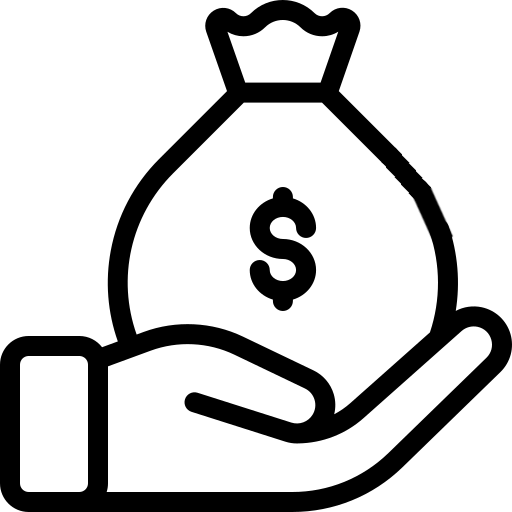
A personal loan is a loan you qualify for based on your credit history and income. Personal loans are sometimes called “unsecured loans” because in most instances there is no collateral to secure a personal loan. Instead, lenders approve personal loans by evaluating your creditworthiness.
How does it work?
Whilst the intentions behind a home loan are rather straightforward, those behind a personal loan are broader. A personal loan may assist you in financing the furnishing of your home; put you in the driving seat of a new car; purchase a new computer system; or maybe take a holiday.
If you are in a steady employment, the bank will normally grant you a personal loan of up to a number of years. The interest rate normally varies but some banks may also offer you the possibility to fix the rate of interest for a certain number of years.
How can I get a personal loan?
In order to get a personal loan, you must go to the credit institution you have chosen and ask for a quote. Afterwards you will be required to provide your passport or ID card, salary payslips and bank statements. The maximum amount of the loan depends on your financial situation and is a subject of further approval by your chosen credit institution. At that stage you should carefully go through the quotes provided, as well as terms and conditions, price list (including Annual Percentage Rate and all relevant fees and charges) to understand the conditions and total costs. After the application form is filled in the decision is either taken within the branch you have visited, or it is sent to the head office of the credit institution. When the loan is approved, the Credit Agreement is explained and then signed at your branch.
Which information do I need before applying for a personal loan?
In order to assist consumers in comparing different offers and reaching an informed decision on whether to conclude a credit agreement, the creditor should provide amongst others the Standard European Consumer Credit Information (SECCI) to consumers containing the following information:
- the type of credit to be provided under the agreement;
- the identity and the geographical address of the creditor;
- the total amount of credit to be provided and the conditions governing the drawdown of credit;
- the duration of the credit agreement;
- the borrowing rate, the conditions governing the application of that rate and any other information related to the borrowing rate;
- the annual percentage rate of charge and the total amount payable by the consumer and any other information related to the APRC;
- the amount, number and frequency of payments to be made by the consumer;
- where applicable, any other charges for maintaining one or several accounts recording both payment transactions and drawdowns;
- the interest rate applicable in the case of late payments, the arrangements for its adjustment, and where applicable, any charges payable for default;
- a warning relating to the consequences of missing payments;
- the existence or absence of a right of withdrawal;
- the consumer’s right of early repayment;
- the consumer’s right to be informed immediately and free of charge of the result of a database consultation in respect of assessing credit worthiness;
- the consumer’s right to be furnished with a copy of the draft agreement free of charge.
The abovementioned information should be provided free of charge, on paper or on another durable medium and all information shall be equally prominent.
Furthermore, the abovementioned conditions should also be included in the final copy of the consumer credit agreement.
Do I have a right of Withdrawal?
You have a right to withdraw from a credit agreement without giving any reasons. Your right to withdraw must be exercised within fourteen (14) running days, either:
- from the day of entering into the credit agreement; or
- from the day when you receive, in writing or on a durable medium, the contractual terms and conditions and information as required in terms of the Consumer Credit Regulations.
You shall notify the creditor about the withdrawal in writing or on a durable medium which should be dispatched before the fourteen day period expires.
Do I have the right to repay the loan before the agreed termination?
You shall have the right to pay the loan in full or in part before the agreed termination (early repayment). In such circumstances:
- you shall be entitled to a reduction of the total costs of the credit consisting of the interest and the costs for the remaining duration of the credit; and
- the creditor shall be entitled to a fair and objectively justified compensation.
You are entitled at any time throughout the duration of the loan to a statement of account in the form of an amortisation table, which shall indicate the instalments payment date and value, as well as disclose the amount of capital and interest paid in each instalment, the total amount paid and the total amount due.
Will my creditworthiness be assessed?
The creditor is obliged to assess the creditworthiness (capability to pay back the loan and any related interest) of the consumer prior to the conclusion of a credit agreement. You should provide sufficient information to the creditor in order to carry out this assessment. A relevant database, the central credit register managed by the Central Bank of Malta, may also be consulted by the creditor.
Creditors shall have access to databases which are available in order to assess your creditworthiness. If the credit application is rejected on the basis of a database, you should be informed immediately, free of charge, of the result of such consultation.

